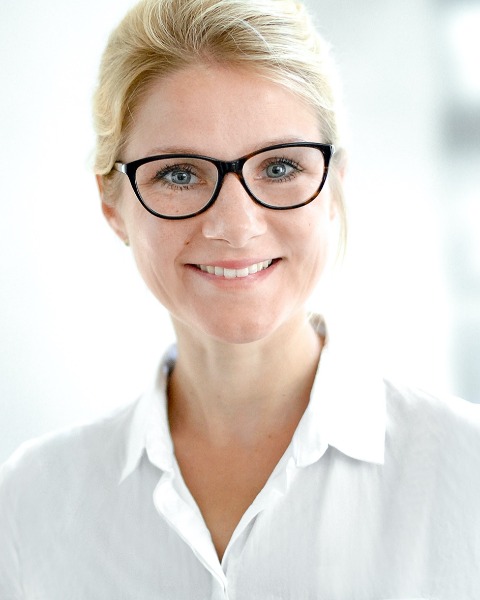Mental Health
Session: Mental Health 1
553 - Parents' health-related quality of life and parenting sense of competence during the first year following their infants' treatment in the neonatal intensive care unit
Sunday, May 5, 2024
3:30 PM - 6:00 PM ET
Poster Number: 553
Publication Number: 553.1870
Publication Number: 553.1870

Mascha Ruth Schönfeld (she/her/hers)
resident
University Medical Center of the Johannes Gutenberg-University Mainz, Mainz, Germany
Mainz, Rheinland-Pfalz, Germany
Presenting Author(s)
Background: Having a baby who requires medical care immediately after birth poses a unique set of stressors and challenges for parents.
Objective: The aim of this study was to examine parents' health-related quality of life (HRQL) and parenting sense of competence during the first year following their infant’s treatment in the neonatal intensive care unit (NICU), compared with parents of newborns discharged from the maternity ward.
Design/Methods: This was a prospective clinical cohort study conducted at a German university hospital between 2020 and 2022. Parents of infants treated in the NICU for 14 days or longer (NICU cohort) and parents of infants discharged home from the maternity ward (maternity cohort) were enrolled. Participants in both cohorts completed the Pediatric Quality of Life Inventory Family Impact Module (PedsQL FIM) at 14 days, 6 months, and 12 months postpartum. Parenting sense of competence refers to perceived parental self-efficacy and satisfaction with parenting. It was measured at 6 and 12 months postpartum using the Parenting Sense of Competence Scale (PSOC). Higher scores indicate increased HRQL and parenting sense of competence, respectively. Cohen’s d was used to quantify differences in effect sizes of outcomes between participants in both cohorts.
Results: A total of 253 parents from 161 families were enrolled: 131 parents (58 fathers, 73 mothers) in the NICU cohort and 122 (39 fathers, 83 mothers) in the maternity cohort. Mothers in the NICU cohort had lower PedsQL FIM sum scores at 14 days postpartum (median 59.0) than mothers in the maternity cohort (median 84.0) (Cohen’s d = -1.5). At 6 and 12 months, mothers in the NICU cohort reported increasing PedsQL FIM sum scores (median 72.2 and 79.5, respectively), which were then similar to those of mothers in the maternity cohort (median 77.0 at 6 months and 77.7 at 12 months) (Cohen’s d = -0.3 and 0.1, respectively). PSOC scores for mothers in the NICU cohort were higher (mean 74.8) compared to mothers in the maternity cohort at 12 months postpartum (mean 69.9) (Cohen’s d = 0.5). PedsQL FIM sum scores of fathers in the NICU cohort were consistently higher than those of mothers in the same cohort, whereas scores of mothers and fathers in the maternity cohort appeared similar throughout the study period. Results for fathers compared with mothers are summarized in Table 1.
Conclusion(s): Treatment of an infant in the NICU may affect parents' HRQL and their sense of parenting competence. The next step is to adjust the observed effects for potential confounders.
Webaufnahme_24-10-2023_15145_.jpeg
